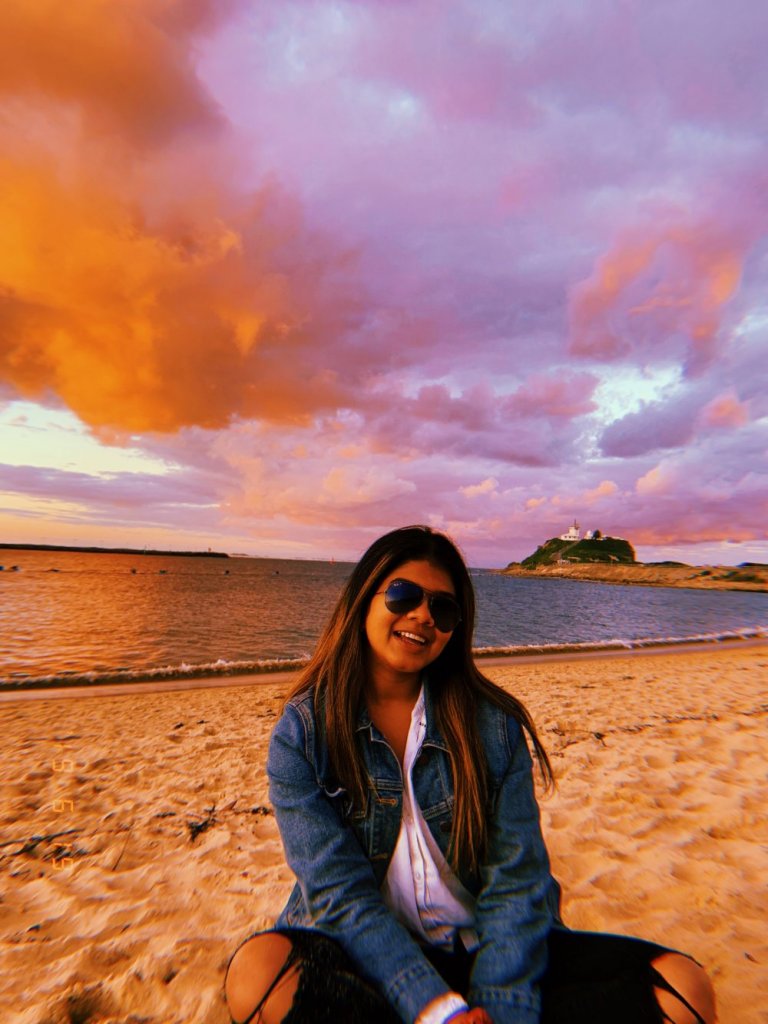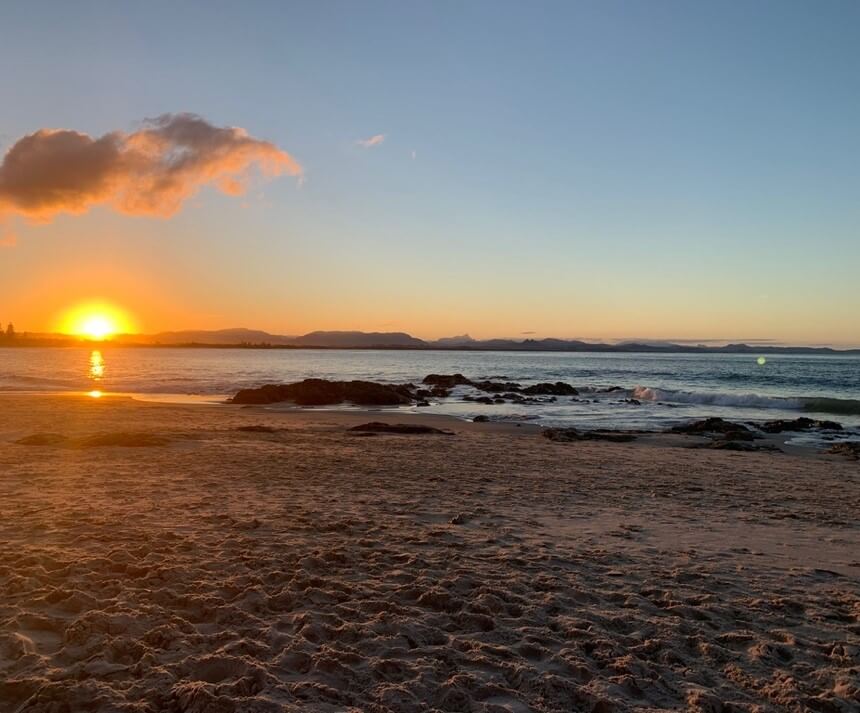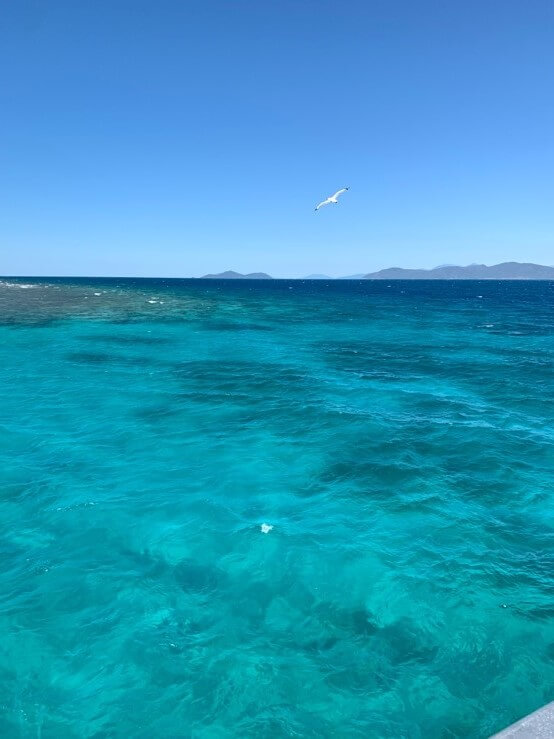By: Rhea Phillips
When you think of Australia, you think of endless beaches, surf waves, hot weather and the Great Barrier Reef. When I applied for the exchange program, the deciding factor that drew me towards choosing to study in Australia was that I would have the opportunity to take a course that McMaster does not offer; Marine Biology. I am a biology major and was always intrigued by the marine environment but never had the chance to study it, and what better place to learn about the marine environment but Australia.
It’s no secret that we are experiencing climate change, and it is affecting the environment, including the marine life. During my course I had the opportunity to learn about the diversity of many marine environments but in particular the Great Barrier Reef. The course focused a lot on the changing environment and how it has affected the coral and the marine life around it. We were also able to learn about the preventative measures that have been taken to help conserve the area, and what we could do as students to help ensure that these natural jewels last longer.
Upon completion of the course, I was lucky enough to have the opportunity to visit Cairns and snorkel the Great Barrier Reef. I was excited to finally see the place I had studied about for four months. And while initially, the crystal blue waters surrounded by mountains captivate you, it is what’s underwater that really surprises you. Although the variety of fish that you see is incredible, it is saddening to see some coral that has been bleached. Although coral bleaching was one of those things that I learned about and understood well, it wasn’t until I saw it first-hand that I realized how real it was. There is definitely still some coral that has survived that is vibrant, and it makes you appreciate how diverse, and complex nature is. Through my course I learned about different types of reefs and the coral that grew on each reef, which I was able to witness first hand.
While you are on exchange, I highly recommend taking courses that, one, are not offered at Mac, and two, can help you understand your host country’s environment better. Studying about the marine environment I was also able to understand more about how Australia has taken multiple preventative measures to protect the Great Barrier Reef and the surrounding areas.
I was also able to learn about Australia’s many beaches, which made me appreciate how special it was to live somewhere that has beaches surrounding every coast, something we definitely do not have in Canada. It also allowed me to gain a better perspective on the different components of beaches such as the water, the sand, the forces that act upon it, and the many animals that call it home. These were definitely things that I thought about every time I visited a new beach and made me love the beaches and the ocean the way the Australians do.
Exchange is a great way to learn more about your host nation and even have the opportunity to go visit the places that you are learning about and experience it first-hand. You can connect with the locals and better understand their culture. I highly recommend taking a course that would be specific to your host nation, whether it be about history, culture or the environment because you will truly come out appreciating your experience so much more.




About Rhea
Rhea Phillips is a student in Biology, Faculty of Science at McMaster University. She studied for a single semester at the University of Newcastle, Australia